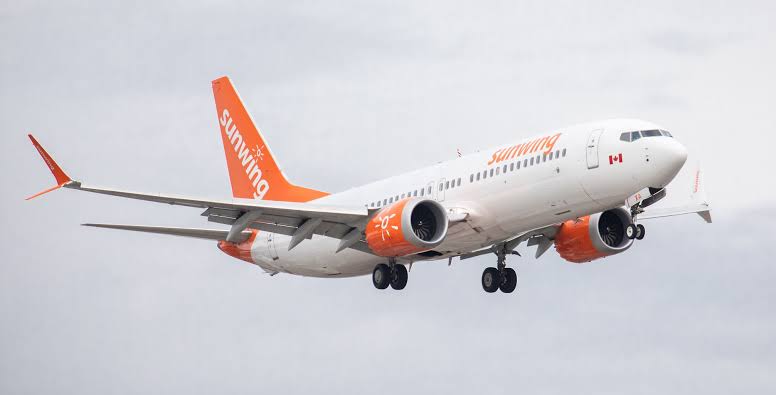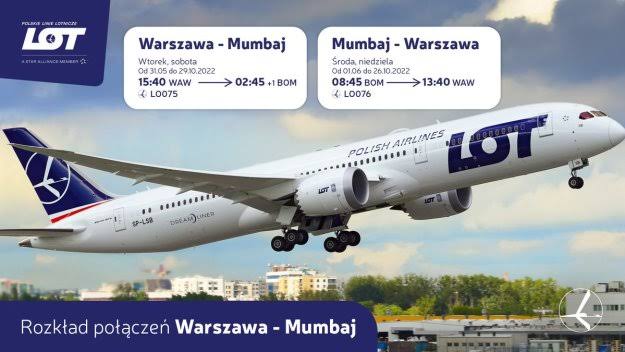Sunwig Airlines CEO Declares Emergency Strike After Tragic Crash Claims Multiple Lives
In a devastating turn of events, Sunwig Airlines has been thrust into turmoil following a tragic plane crash that claimed the lives of dozens of passengers and crew. The incident, which occurred on Thursday morning, has shocked the aviation world and prompted the airline’s CEO to declare an emergency strike, grounding flights and halting operations nationwide.
A Tragedy in the Skies
According to initial reports from aviation authorities, Sunwig Airlines Flight 782, a routine domestic service from New Crest City to Harborpoint, lost contact with air traffic control approximately 45 minutes after takeoff. Eyewitnesses in the region where the crash occurred reported seeing the aircraft descending at a sharp angle before it disappeared from view behind a mountain range.
Emergency responders rushed to the scene, located in a remote forested area near Maple Ridge, but harsh terrain and poor weather conditions severely hindered rescue efforts. The recovery teams confirmed the crash site by late afternoon and began retrieving the remains of passengers, as well as fragments of the aircraft. As of Friday morning, 67 fatalities have been confirmed, including 5 crew members. Officials fear the final death toll could rise.
CEO Responds with Urgent Measures
In a tense press conference held just hours after the crash was confirmed, Sunwig Airlines CEO Margaret Wensley addressed the media with a heavy heart.
“This is a day of unspeakable sorrow for the entire Sunwig family,” Wensley said, visibly emotional. “Our hearts are with the families and friends of every soul lost. We owe them the truth, accountability, and above all—change.”
Citing growing safety concerns and the need for a comprehensive review of operational protocols, Wensley announced an immediate emergency strike across all departments within Sunwig Airlines. The move effectively grounds the airline’s entire fleet until further notice, including both domestic and international routes.
“Until we can guarantee the absolute safety of our passengers and crew, we will not fly another mile,” Wensley stated. “Our focus now is on mourning, supporting the victims’ families, and ensuring this never happens again.”
Early Clues Point to Technical Failure
While the official investigation is still in its early stages, preliminary data from the aircraft’s black box, which was recovered late Thursday night, suggests a possible mechanical failure mid-flight. Unconfirmed sources have indicated that the plane’s autopilot system may have malfunctioned, triggering a series of emergency alarms that overwhelmed the cockpit crew.
The aircraft, a 12-year-old SunJet A-220, had undergone routine maintenance just two weeks prior to the incident. Industry experts have begun scrutinizing the airline’s maintenance practices, as well as potential software issues related to the aircraft model.
The National Aviation Safety Board (NASB), in collaboration with international safety agencies, has launched a full-scale investigation. A team of 35 experts has been dispatched to the crash site, and findings are expected to emerge in the coming weeks.
Industry Impact and Public Outcry
Sunwig Airlines, known for its low-cost fares and expansive regional network, has long been a favorite among budget-conscious travelers. However, the airline has also faced scrutiny in recent years for a series of minor technical issues and flight delays. This latest catastrophe has reignited public debate over airline safety standards and corporate accountability.
Social media platforms have been flooded with tributes to the victims and calls for reform. Several former employees have come forward anonymously to claim that internal concerns about aircraft conditions and rushed maintenance procedures were often ignored.
“Speed and cost-saving took priority over safety more often than it should have,” said one former Sunwig technician. “We were under immense pressure to turn planes around quickly.”
In light of these claims, consumer rights organizations are calling for an independent audit of Sunwig’s safety and compliance records over the past five years. Lawmakers from both sides of the aisle have also urged regulatory bodies to take a hard look at the company’s operational practices.
Families Demand Justice
For the families of the victims, the pain is still raw, and the demand for answers is intensifying.
“I just spoke to my daughter the night before. She was so excited about starting her new job,” said Robert McNeil, father of 28-year-old passenger Elise McNeil. “Now she’s gone, and we still don’t know why.”
The airline has set up a crisis response center and has offered financial support, counseling services, and travel assistance for the victims’ families. CEO Wensley also announced the creation of the Sunwig Memorial Fund, a $50 million initiative aimed at supporting affected families and funding aviation safety research.
“This fund is not just about restitution,” Wensley explained. “It’s a commitment to ensure that no family endures what these families are now facing.”
A Turning Point for Sunwig—and the Industry?
This tragedy may mark a turning point not only for Sunwig Airlines but also for the broader aviation industry. Analysts predict that the emergency strike could cost the airline up to $200 million in lost revenue within the first two weeks. Competitor airlines have already begun adjusting routes and pricing to accommodate the disruption.
Meanwhile, aviation watchdogs are pressing for stricter oversight of mid-tier carriers and urging a reevaluation of safety protocols across the board.
“Cost efficiency should never come at the price of human life,” said NASB spokesperson Linda Travers. “This is a wake-up call, not just for Sunwig, but for every airline that puts profit ahead of people.”
What Comes Next
As the investigation continues and the mourning deepens, the future of Sunwig Airlines remains uncertain. The company must now navigate a crisis of confidence, not only in its technical operations but in its very identity as a trusted carrier.
CEO Wensley has vowed transparency and cooperation with investigators, promising to release the findings of the internal safety audit publicly. In the meantime, the airline’s employees—many of whom are equally grief-stricken—await further instructions amid an atmosphere of shock and reflection.
For now, the skies are quieter, the runways still. But for the families, the scars of this tragedy may never fully heal.






![Emocje po debacie w TV Republika. Dziennikarze komentują [RELACJA NA ŻYWO]](https://sportdomain.com.ng/wp-content/uploads/2025/04/IMG_20250419_180858-768x720.jpg)